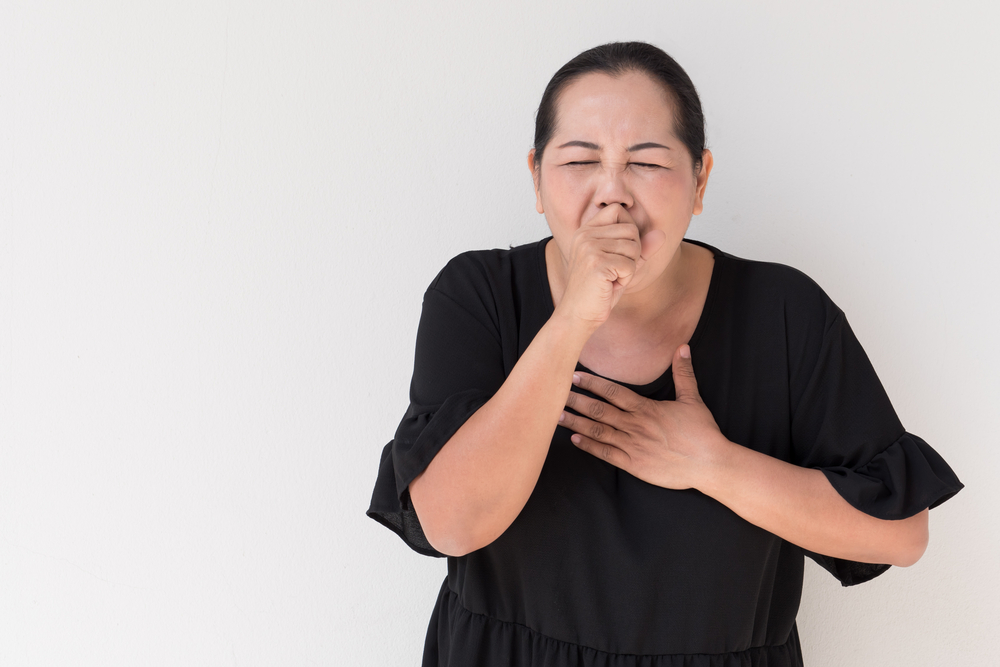Contents:
- Medical Video: Ovarian Cancer: Risk Factors, Prevention and Early Detection Video – Brigham and Women’s Hospital
- What are the risk factors for ovarian cancer?
- 1. Genes and family history
- 2. Age
- 3. Obesity
- 4. Excessive ovulation
Medical Video: Ovarian Cancer: Risk Factors, Prevention and Early Detection Video – Brigham and Women’s Hospital
Ovarian cancer is one of the most common cancers in women. The cause of ovarian cancer is not yet known and the symptoms are usually more clearly seen if it is advanced. Therefore, it is important to know the most common risk factors for ovarian cancer. So that you are more sensitive and can detect signs of ovarian cancer early.
What are the risk factors for ovarian cancer?
Here are some things that can increase a woman's risk of ovarian cancer.
1. Genes and family history
There are some genetic mutations that you can inherit from your parents when you are born that increase your risk of ovarian cancer, such as BRCA1, BRCA2, and Lynch syndrome.
After further investigation, some women with ovarian cancer have mutated genes, namely breast cancer gene 1 (BRCA1) and breast cancer gene 2 (BRCA2). Women whose BRCA1 gene mutates or is damaged, has a risk of ovarian cancer 35-70 percent higher. Women with BRCA2 mutations have a 10-30 percent higher risk.
Meanwhile, women with Lynch syndrome have a 6-8 percent chance. This syndrome also occurs due to genetic mutations that can cause an increased risk of ovarian cancer.
Not only that, women with mothers, sisters, grandmothers who have been diagnosed with ovarian cancer have a higher risk of ovarian cancer.
2. Age
Age is one of the most common risk factors for cancer. Nearly half of all cases of ovarian cancer are diagnosed in women aged 63 years or older.
The longer you age, the more cells divide, and the more likely you are to have genetic abnormalities or mutations. This will accumulate gradually, increasing your risk of having ovarian cancer.
According to June Hou, MD, a cancer specialist (oncologist) and the womb said when you are younger, the body is a little more likely to correct mistakes and overcome them.
3. Obesity
Obesity has been linked to a higher risk of ovarian cancer. Obese women may have a higher risk of ovarian cancer, but not necessarily the most aggressive type.
Obese women have excess fat, which can produce more estrogen. Excessive estrogen production, especially in older women after the age of menopause, increases your risk of having ovarian cancer and uterine cancer.
In addition, fat tissue produces several molecules that damage DNA and genes.
Obesity is a cancer risk factor that you can control. You can keep your weight healthy through more nutritious eating and regular exercise.
4. Excessive ovulation
The more you ovulate, the greater your risk of ovarian cancer. During ovulation, the mature follicle will rupture and remove the egg and then rest. During this rest cell will divide and regenerate.
The more cells divide, the more likely you are to experience generic mutations that can accumulate over time and cause ovarian cancer.












